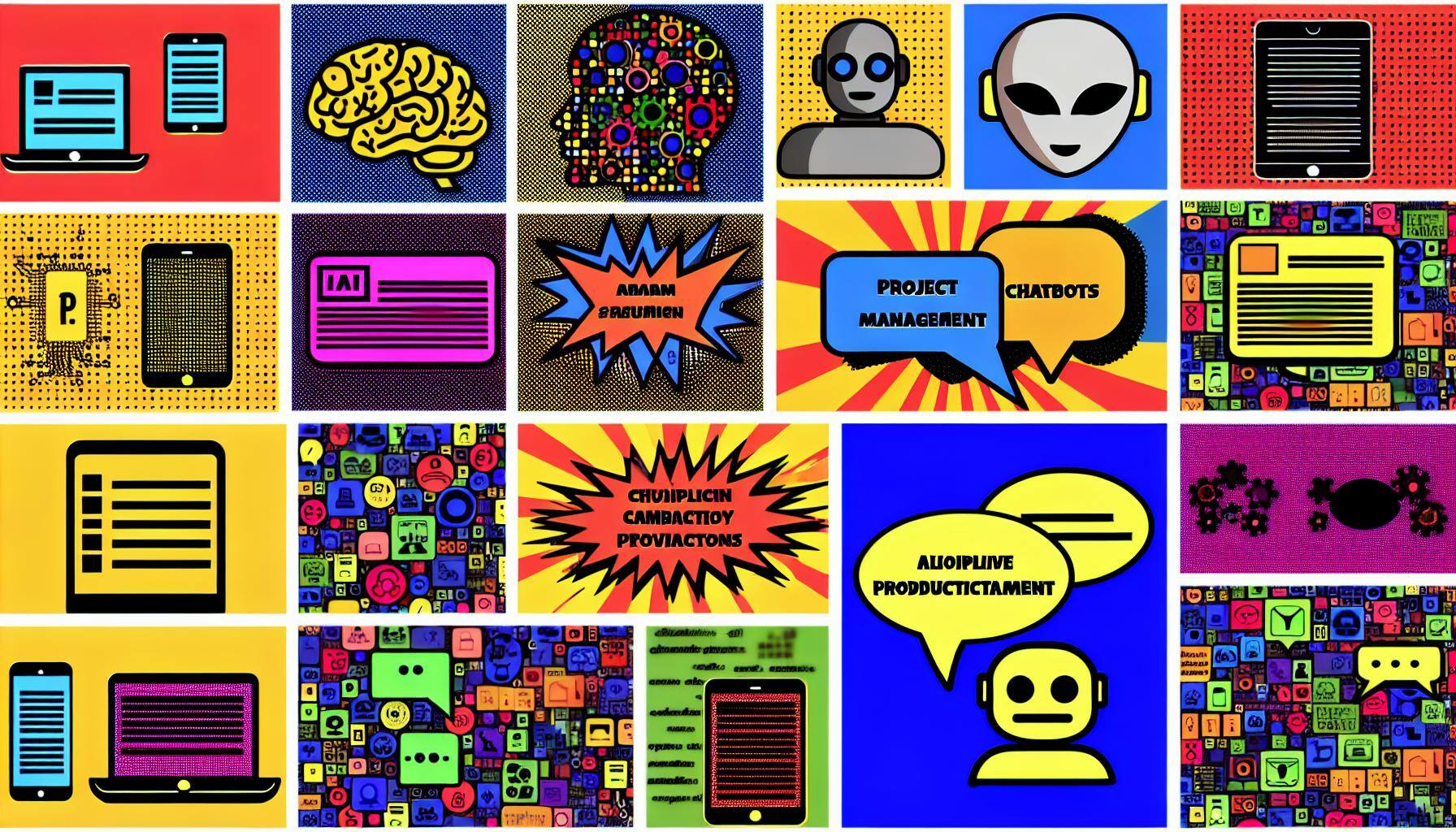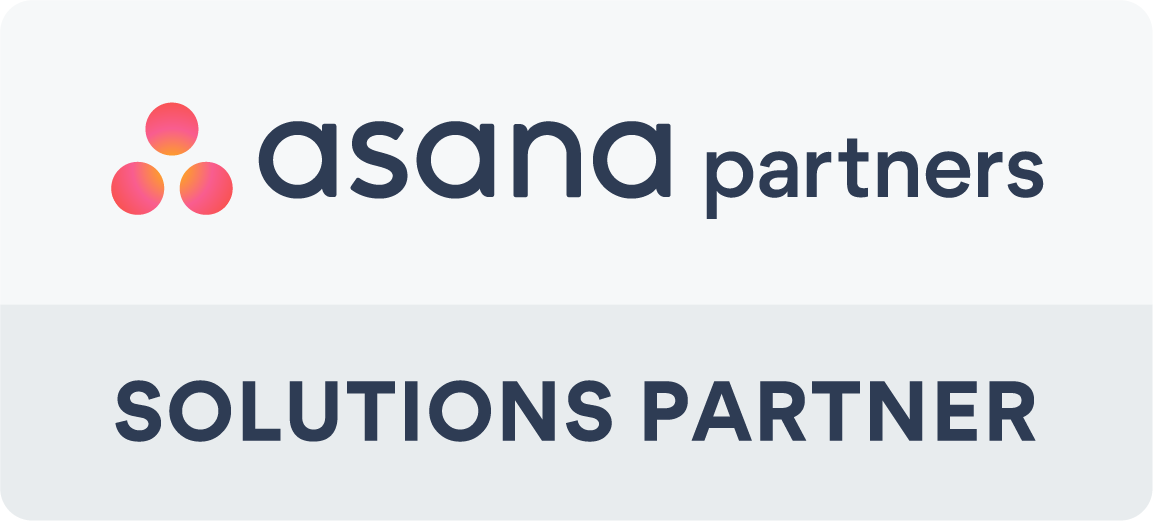Artificial Intelligence (AI) is no longer a futuristic concept confined to the realms of science fiction. Today, AI in business is transforming industries, enhancing efficiency, and driving innovation across various sectors. From automating routine tasks to providing deep insights through data analytics, AI is reshaping how companies and organisations operate. This article explores the myriad ways AI for business is making an impact, and why companies should embrace this technology to stay competitive in a rapidly evolving market.
The Rise of AI in Business
AI is revolutionising the way businesses operate. Companies that have adopted AI are already seeing remarkable benefits. According to a report by McKinsey, 50% of companies have integrated AI in at least one business function. This trend is only set to grow as AI technologies become more accessible and sophisticated.
Benefits of AI for Companies and Organisations
AI for business brings a host of benefits that can give your company a competitive edge.
Enhanced Decision-Making: AI algorithms can process vast amounts of data and provide actionable insights, helping businesses make informed decisions. Machine learning models analyse historical data to predict future trends, allowing companies to strategise more effectively. For instance, AI-driven analytics can forecast customer demand, optimise supply chains, and identify new market opportunities.
Improved Customer Service: AI-powered chatbots and virtual assistants are revolutionising customer service. These tools provide instant responses to customer queries, reducing wait times and enhancing user satisfaction. Advanced AI systems can understand and respond to complex questions, offering a personalised customer experience that can boost brand loyalty.
Operational Efficiency: Automation is one of the most significant advantages of AI in business. AI systems can automate repetitive tasks, such as data entry, invoicing, and scheduling, freeing up employees to focus on more strategic initiatives. This not only increases productivity but also reduces the likelihood of human error.
Enhanced Security: AI technologies are instrumental in enhancing cybersecurity. AI-powered systems can detect and respond to threats in real-time, safeguarding sensitive business data. Machine learning models can identify unusual patterns and behaviours, alerting organisations to potential security breaches before they escalate.
Cost Reduction: By automating routine tasks and optimising processes, AI can significantly reduce operational costs. Predictive maintenance, for instance, uses AI to anticipate equipment failures and schedule maintenance proactively, reducing downtime and repair costs.
Applications of AI for Business
AI is already transforming various sectors, and its potential applications are vast.
Marketing and Sales: AI is revolutionising marketing strategies through advanced data analytics. AI-driven tools can analyse customer behaviour, segment audiences, and tailor marketing campaigns for maximum impact. Sales teams use AI to score leads, forecast sales, and personalise pitches, leading to higher conversion rates.
Human Resources: AI in HR streamlines recruitment, onboarding, and employee management. AI-powered platforms can screen CVs, schedule interviews, and even assess candidate fit based on predictive analytics. Additionally, AI tools help manage employee performance and engagement through continuous feedback and personalised development plans.
Finance: AI is making waves in the finance sector by automating processes such as fraud detection, risk assessment, and financial planning. AI-driven algorithms can detect fraudulent transactions in real-time and analyse vast datasets to assess credit risk accurately. Financial institutions use AI for portfolio management, enabling personalised investment strategies.
Supply Chain Management: AI optimises supply chain operations by predicting demand, managing inventory, and identifying inefficiencies. AI-powered systems can track products in real-time, ensuring timely deliveries and reducing logistics costs. Predictive analytics help businesses anticipate market fluctuations and adjust supply chain strategies accordingly.
Healthcare: AI is revolutionising healthcare by improving diagnostics, treatment planning, and patient care. AI algorithms analyse medical data to provide accurate diagnoses and recommend personalised treatment plans. Telemedicine platforms use AI to triage patients and offer remote consultations, expanding access to healthcare services.
Embrace the Future of Business with AI
The benefits of AI for business are clear, but implementing AI solutions requires careful planning and investment. Companies must consider data privacy and security, as AI systems often require large amounts of sensitive information. Additionally, significant investment in infrastructure and talent is necessary to develop and maintain AI systems. Organisations must also navigate ethical considerations, ensuring that AI is used responsibly and transparently.
For more insights and solutions on how AI can revolutionise your business, visit gend.co/kore-ai. Embrace the future of business with AI and stay ahead of the curve in an ever-evolving market.
Additional Resources
- The Impact of AI on Modern Business
- AI Solutions for Businesses of All Sizes
- Implementing AI in Your Organisation: A Comprehensive Guide
By leveraging AI, companies can unlock new opportunities, drive innovation, and achieve sustainable growth. The future of business is here, and it is powered by artificial intelligence.
AI business Artificial Intelligence Kore AI Conversational AI AI Chatbot Chatbot ChatGPT



